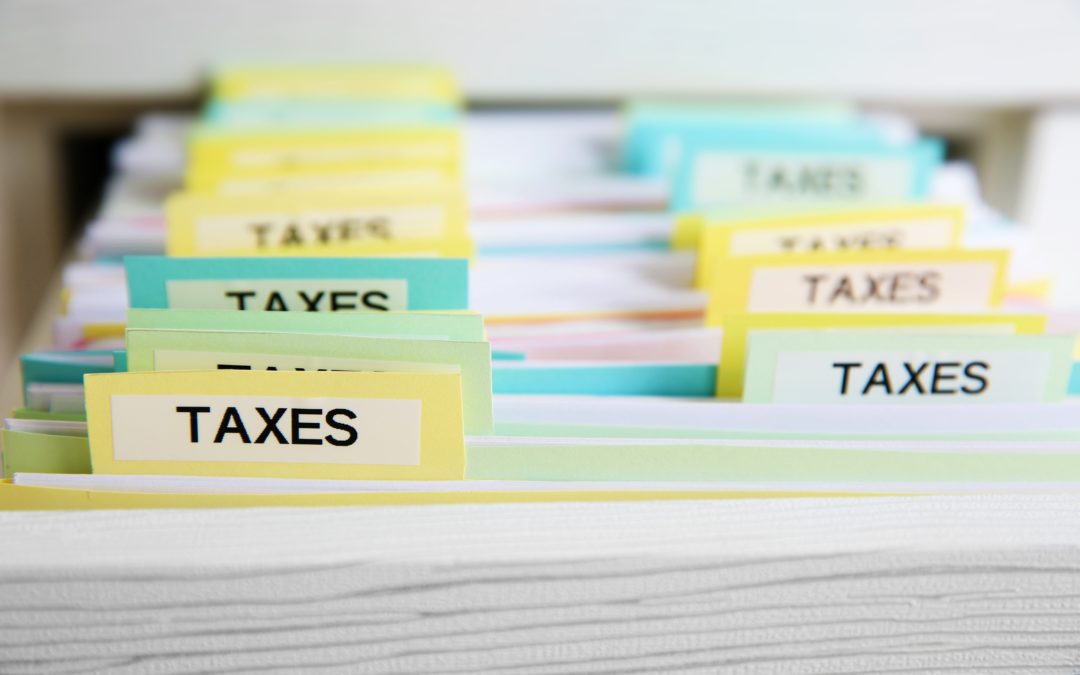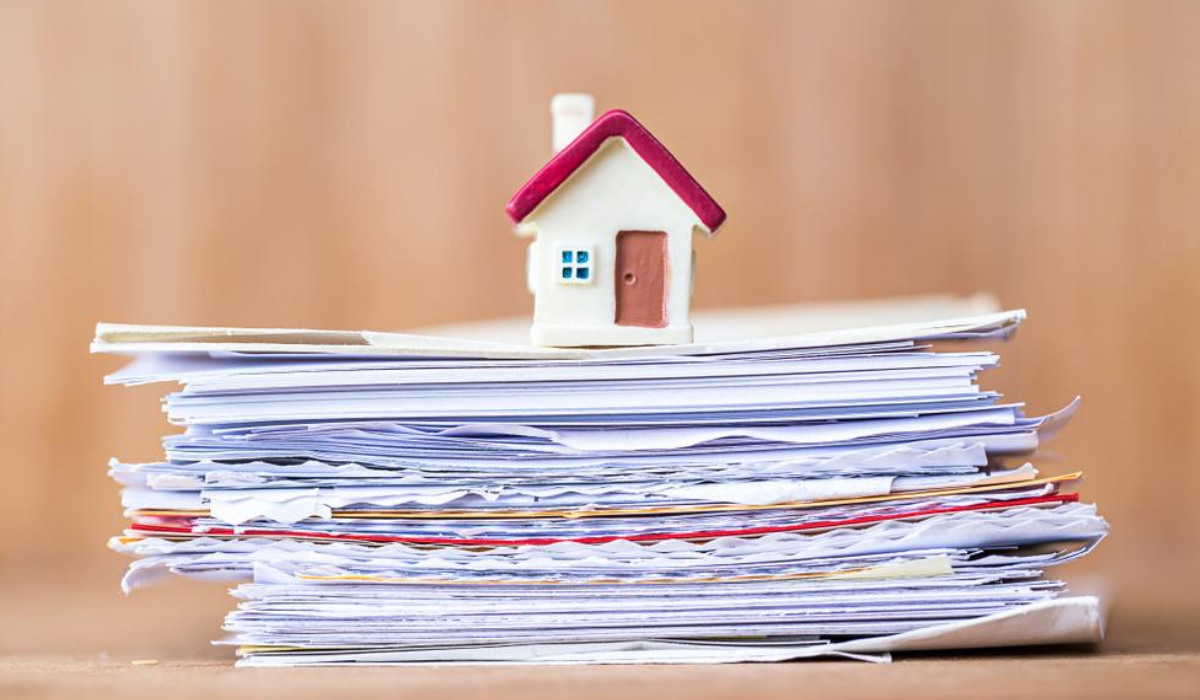Business
Important Tax Documents That You Should Never Throw Away
Published
7 years agoon
By
Umer Abbasi
Filing for tax returns can be messy with all the documents that are involved. Often when we are done filing, we just want to declutter and get rid of all the papers. This seems like a great idea because that means you will have fewer papers lying around and you will know exactly where to find anything you need. However, there are some documents that you should never throw away. If your tax advisor is like Dean Roupas, you likely know that keeping certain records is essential as it is helpful in saving on taxes.
-
Inherited Property

Upon inheriting property, the worth of the property on the date of the deceased’s death becomes your tax basis. This is also called the stepped-up basis. If the estate is large (valued over $11,180,000 for individuals dying in 2018), there is a need to report the value on a federal estate tax return. For smaller estates, although no federal return is due, you may be required to record the value of your property on state death tax forms. You need to confirm these details with the personal representative, executor or administrator of the estate. Remember, the baseline exclusion level for estate tax was increased from $5 million to $11 million as part of the new tax legislation.
Under circumstances where it is not required to file returns, it is up to the heirs to determine value. This will become the basis of the property. Regarding publicly traded securities, obtain their value at the date of the death of the deceased. If you inherit real estate, you should seek an appraisal at the moment of death so that you may prove your basis later. Keep this information just like you would with other property for as long as you keep the property. Also, should the IRS have to examine your sale report, you will have to show them these documents. DJ Roupas is an expert when it comes to tax, and he will be able to answer any question you might have regarding inherited property and tax.
-
Marriage and divorce documents

The IRS is not particularly interested in knowing if you are married or not. However, if your last name changes due to a change or marital status, there is a need for you to change it at the Social Security office. As stated by the Social Security Administration, you will require one of the following documents in order for them to change your name; certificate of naturalization showing a new name, court order specifying a name change, divorce degree or a marriage document. Without any of these documents, you might face challenges when it comes to changing your name for tax purposes.
In a case of a divorce (where there are children), should one of the parents intends on claiming children as exemptions, there is a need to present divorce and custody documents when it is time to file taxes. Should the divorce agreement not specify who ought to claim the kids, the exemption will be awarded to the parent who is in charge of the children’s upbringing (has custody). If there is joint custody, the parent who has had the child for the most extended period of time throughout the tax year will be eligible for the exemption.
-
Copies of Tax Returns

The IRS can audit returns up to three years from the due date of submission. However, in odd scenarios, they can audit beyond three years back. Circumstances that might result in the IRS auditing for more than the last three years include under-reporting your earnings one year or having foreign income or investments. There might be a problem if you get audited and don’t have proof of previous tax returns. To reduce complications and the likelihood of substantial fees, be sure to keep copies of your tax returns. When applying for social security benefits, you will also be expected to provide proof of previous tax returns. Some tax advisors suggest holding on to returns documents from at least seven years ago. Thanks to technology, it will be reasonably easy to keep track of these documents if you file your taxes electronically. Should you work with a tax firm like Dean Roupas and associates, they will give you acknowledgements that show that the return was accepted for filing. You can keep these in a folder so that it is easy to find them when you need to.
-
Property Documents

If you’re a first-time home buyer, the papers relating to the purchase of your property will come in handy in the short term because tax benefits may be available. Additionally, you can deduct state property taxes paid. Anything property or home improvement-related should be maintained on hand for audits. If you make a home improvement that significantly boosts the worth of your home, remember to keep those documents. You should also keep records that pertain to other forms of property you might have. These could be a rental property, artwork, stocks or a vacation home. You also need to have records that show how much you paid for the property. This includes commissions or any other acquisition costs. As long as you own the property, it is ideal that you keep these records. Failure to keep these records might result in you paying more than you should in taxes.
These records will also come in handy should you decide to sell the property. After selling the property, it is advisable to keep the documents for at least three years from the time you file your returns and report the sale of the property.
Final Thoughts
I understand how keeping records that date back might seem tedious and messy. However, these are just some of the papers you should always keep. Have a chat with Dean Roupas and Associates or your tax advisor to advise you further regarding the documents you should keep. Thanks to the digital revolution, you can keep all your essential records on the cloud. That reduces your chances of losing them. Your tax preparer will also likely keep your documents for you.

Sodziu: The Word With Many Meanings

CinndyMovies: A Simple Guide to Features, Safety, and Why People Talk About It

EchostreamHub: A Simple Guide to the All-in-One Streaming and Media Platform

What You Need to Know About Police Brutality?

12 Sites to Watch Free Online TV Shows with Complete Episodes in 2024










